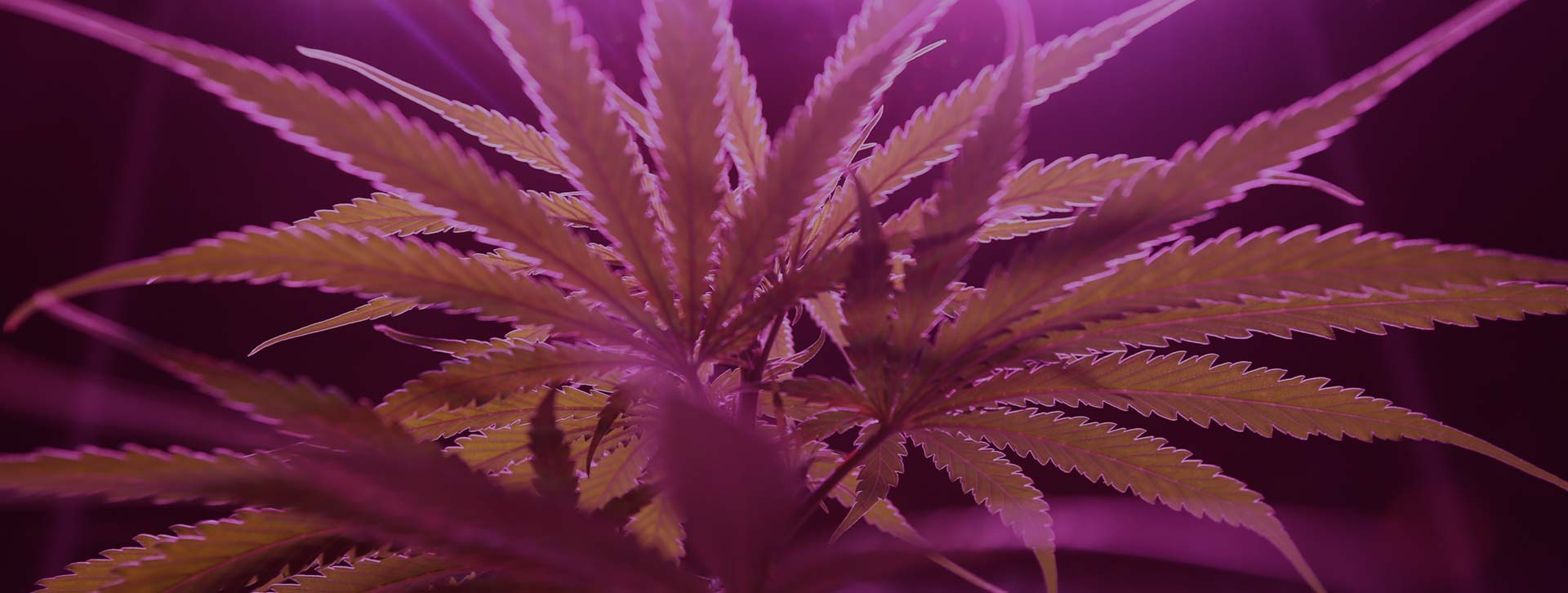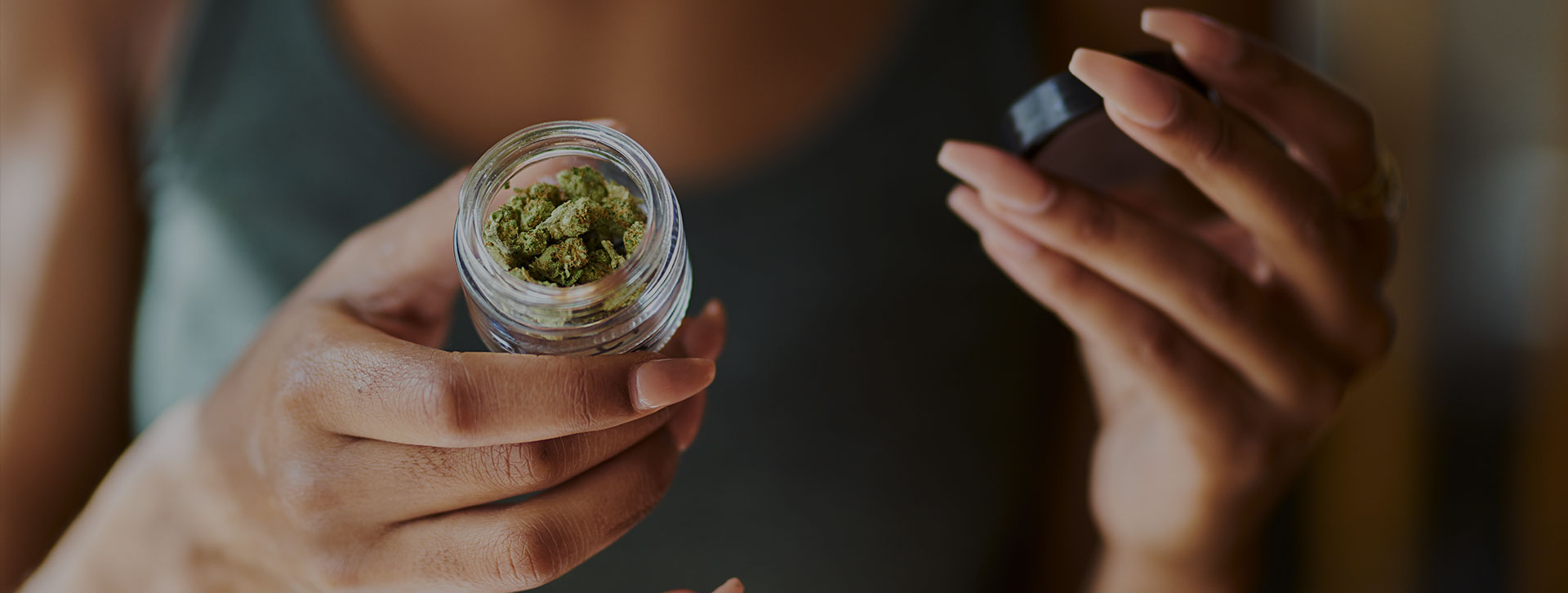Marijuana, also known as cannabis or weed, is a drug that comes from the Cannabis plant.
While many people may think of it as a harmless recreational substance, marijuana use can lead to addiction and other negative health consequences.
If you’re wondering how marijuana addiction develops, it’s important to understand that regular use can cause changes in the brain that lead to addiction. Marijuana addiction, also known as marijuana use disorder (MUD), is a chronic condition that can have a significant impact on a person’s life.
Here are some important things to know about marijuana use disorder
Symptoms:
- Using marijuana more often or in larger amounts than intended
- Difficulty quitting marijuana use
- Spending a lot of time using marijuana or recovering from its effects
- Cravings for marijuana
- Neglecting responsibilities at work, school, or home
- Continuing to use marijuana despite problems in personal relationships
- Giving up activities that were once enjoyable in favor of marijuana use
- Using marijuana in situations that are physically dangerous, such as driving a car or operating machinery
Treatment
Fortunately, treatment for marijuana addiction is available. Treatment for MUD typically includes a combination of therapy and medication.
- Behavioral therapy: This type of therapy aims to help patients change negative thoughts and behaviors associated with marijuana use. Patients may learn coping mechanisms, relaxation techniques, and how to manage stress without using marijuana.
- Medication: While there are no medications specifically designed to treat marijuana addiction, some medications can help manage symptoms associated with withdrawal or other co-occurring disorders.
Recovery
Recovering from marijuana use disorder is a long-term process that requires ongoing support and commitment.
- Support groups: Support groups, such as Marijuana Anonymous, provide a safe space for individuals struggling with marijuana addiction to share their experiences and gain support from others who understand what they’re going through.
- Continued therapy: Ongoing therapy can help patients address any underlying mental health conditions that may contribute to their marijuana use, such as depression or anxiety.
- Lifestyle changes: Making healthy lifestyle changes, such as getting regular exercise, eating a balanced diet, and practicing good sleep hygiene, can help individuals in recovery from MUD maintain their sobriety.
Prevention
Preventing marijuana addiction is always better than treating it. Here are some ways to reduce the risk of developing marijuana addiction:
- Avoiding marijuana use altogether
- Being aware of the risks associated with marijuana use
- Addressing mental health concerns in a timely manner
- Seeking help for substance abuse issues as soon as possible
If you or someone you know is struggling with marijuana addiction, it’s important to seek help. Treatment is available, and recovery is possible with the right support and resources.





